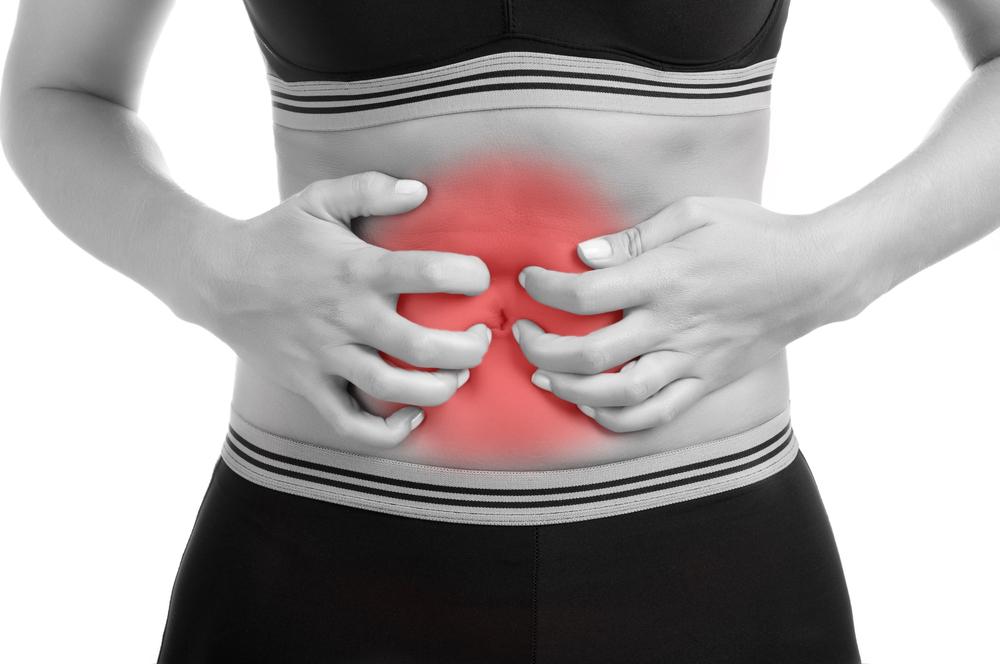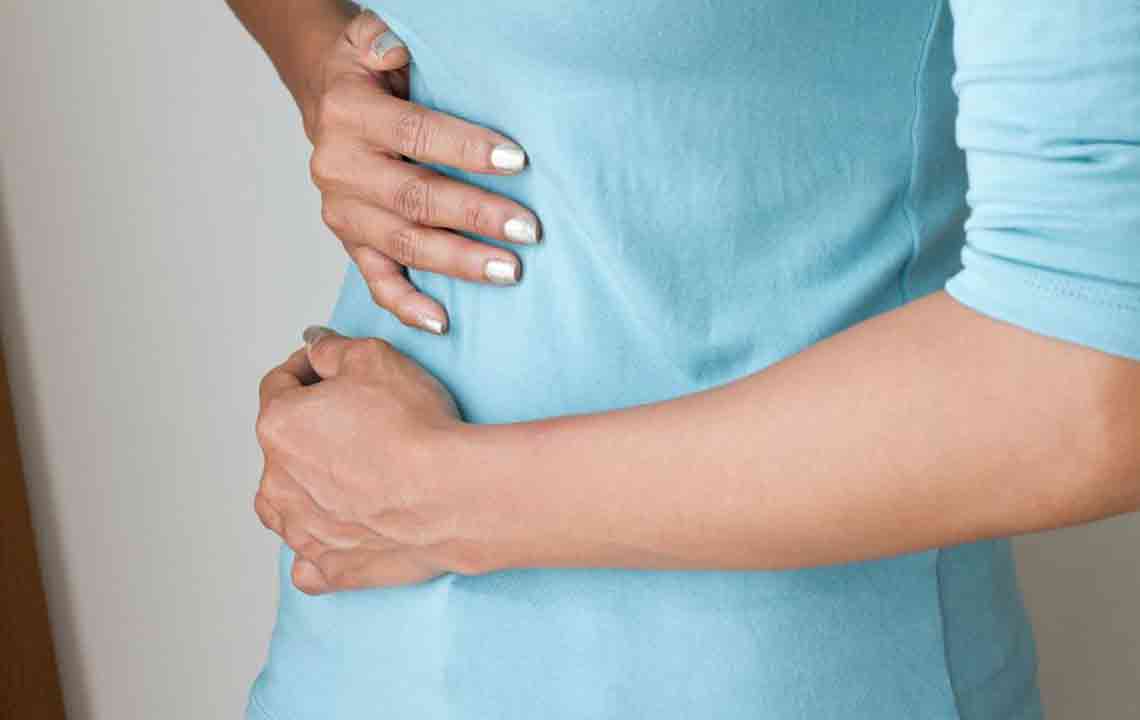Nutritional Tips for Quicker Healing from Diarrhea
Learn effective dietary strategies to recover swiftly from diarrhea. Incorporate bland, stool-forming foods like bananas, rice, applesauce, and toast while avoiding greasy, dairy, and gas-producing items. Proper hydration and professional medical advice are essential for a safe and speedy recovery.

Nutrition Tips for Faster Relief from Diarrhea
Diarrhea is a common health issue characterized by frequent, watery bowel movements, stomach cramps, and bloating. It can result from contaminated food, viral infections, or medication side effects.
To promote quick recovery, selecting appropriate foods is crucial. The BRAT diet—bananas, rice, applesauce, and toast—is widely recommended for their stool-forming properties. Understanding which foods to consume and avoid can significantly alleviate symptoms and accelerate healing.
Short-term diarrhea, typically lasting under two weeks, often stems from bacterial or viral infections, antibiotics, or contaminated water.
During recovery, a diet comprising bland, easily digestible foods that help absorb excess fluids and replenish lost nutrients is beneficial, aiding faster recovery.
Recommended foods include:
Bananas: Help firm up stools and are rich in potassium to replace lost electrolytes.
Rice: Plain cooked rice is gentle and absorbs excess fluids, helping to solidify stools.
Applesauce: Contains pectin, which helps tighten the intestines and boosts energy through natural sugars.
Toast: Provides bulk to stools and supplies carbohydrates for energy without irritating the gut.
Yogurt: Rich in probiotics that restore healthy gut bacteria, especially if antibiotics caused diarrhea.
Foods to avoid include:
Fried or greasy foods, such as fried items and rich sauces.
Diary products like milk, cheese, and butter, which can exacerbate lactose intolerance.
Alcohol and caffeine, as they can cause dehydration and stomach irritation.
Artificial sweeteners like sorbitol, which may have laxative effects.
Gas-producing foods such as cabbage, broccoli, and beans.
Contaminated or improperly stored foods that could worsen symptoms.
Adhering to these dietary tips, maintaining adequate hydration, and seeking medical advice can help speed up recovery. Avoid self-treatment without professional guidance and keep your pantry stocked with gentle, stool-binding foods.


